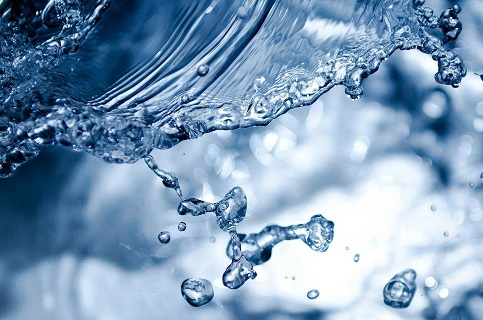
Monitoring water quality is vital for several reasons.
Firstly, it ensures public health by identifying and mitigating harmful contaminants that can cause diseases.
Protecting ecosystems is another critical aspect, as clean water is essential for the survival of aquatic life, maintaining biodiversity, and supporting natural habitats.
Regulatory compliance is also a key factor, as collecting water quality data helps enforce environmental laws, ensuring that industries and municipalities meet legal standards and avoid penalties.
Additionally, tracking water quality data allows for effective pollution control, identifying sources of contamination and evaluating the success of mitigation efforts.
Sustainable resource management is another benefit, ensuring the availability of clean water for future generations.
In emergency situations, having accurate water quality data is crucial for swift responses to contamination events or environmental disasters.
Overall, collecting water quality data is fundamental to safeguarding health, the environment, and our future.
Joe, a software developer, is working on a project to analyze water quality in California. To test his application's logic, he needs various datasets and turns to ParroFile, a free data generation tool. By configuring ParroFile, he generates the customized data he needs to run all his test cases.
- station_id Unique ID of water station
- station_name Station name
- station_number Station number
- station_type Station Type
- station_name_groundwater Name of ground water station
- station_name_surface_water Name of surface water station
- station_num_surface_water Station number of surface water type
- station_name_other Name of other type of station
- station_num_other Station number of other type of station
- station_pick_helper The number range to pick station type
- county_name County name
- latitude Calculated latitude based on county_min_latitude and county_max_latitude
- longitude Calculated longitude based on county_min_longitude and county_max_longitude
- county_min_latitude Helper field of county's minimum latitude
- county_max_latitude Helper field of county's maximum latitude
- county_min_longitude Helper field of county's min longitude
- county_max_longitude Helper field of county's max longitude
- sample_count Sample count
- sample_date_min Start date of collecting samples.
- sample_base_add_num Number days to add to sample_date_base
- sample_date_max End date of collecting samples.
- sample_collect_duration Number of days to collection samples.
Satisfied, Joe sits back and enjoys a cup of tea.